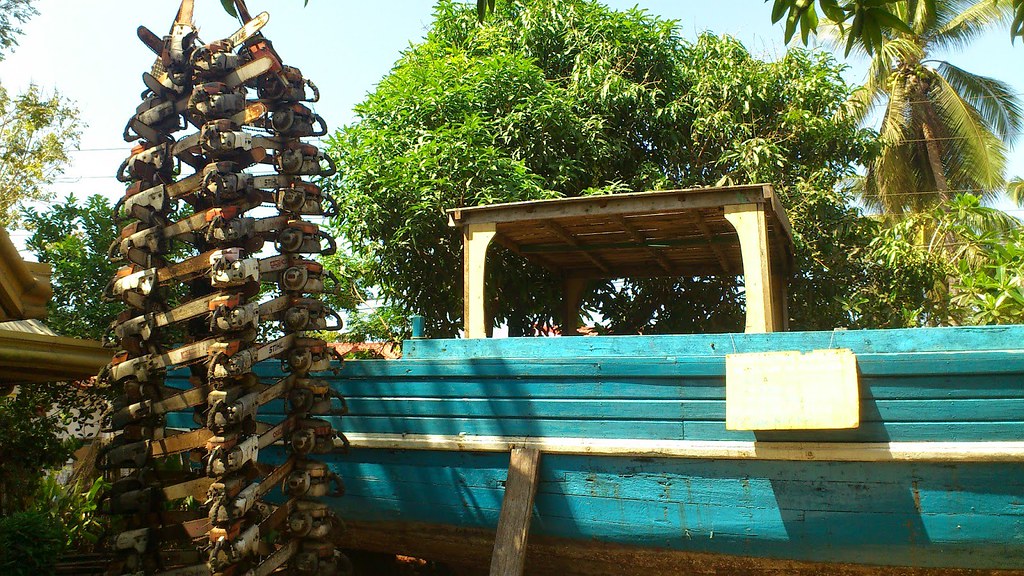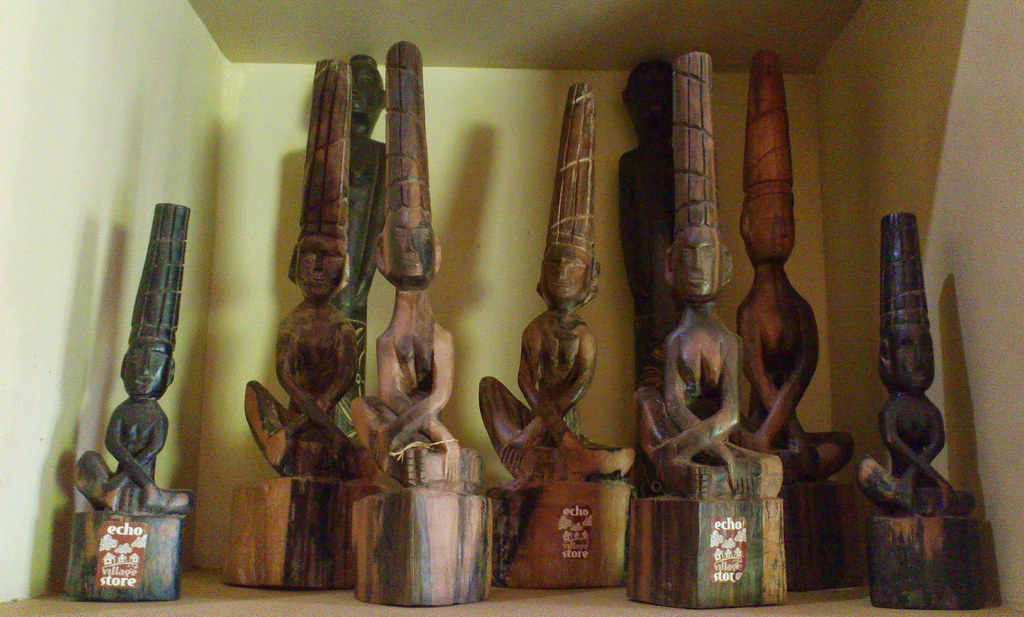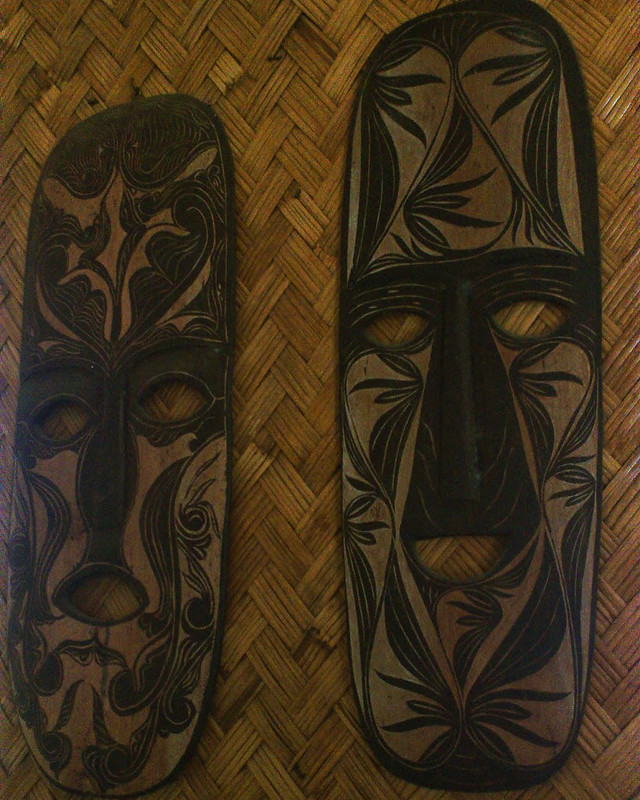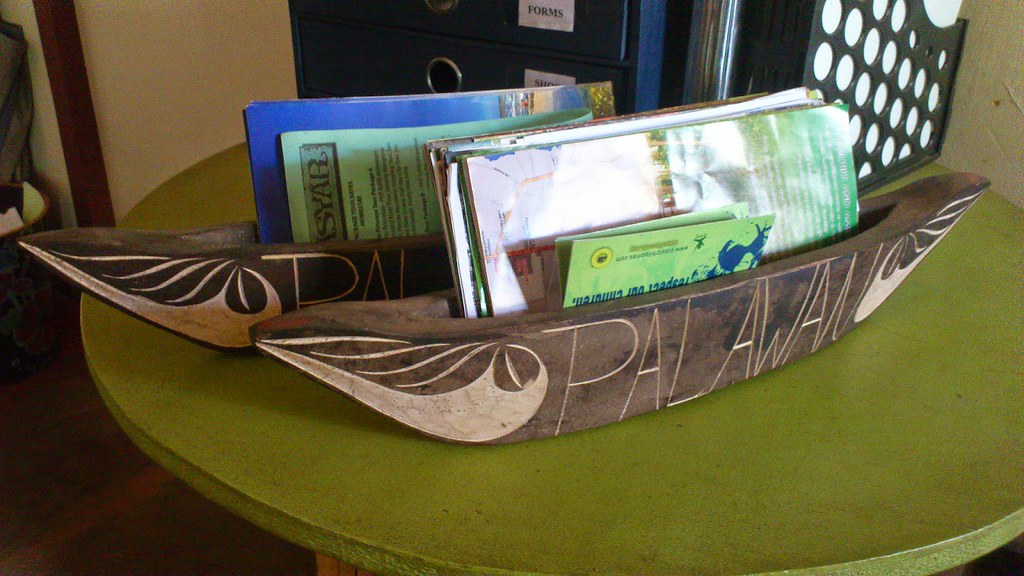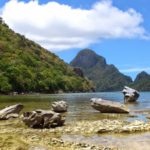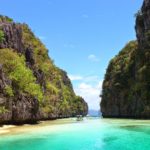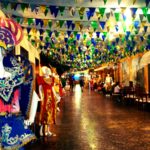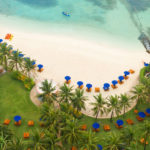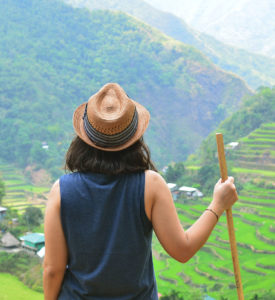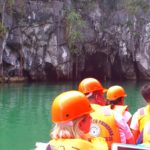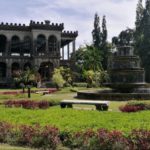On our last half-day of unadulterated vacation in Palawan, Kareen and I ditched the day tour package inclusive of our accommodations and did a DIY tour in the city. Our flight is in the afternoon, so we have to do a rush DIY tour with a tricycle driver who can show us around quickly before lunchtime.
We don’t want to follow the usual day tour guide like the butterfly sanctuary, zipline and other mainstream touristy spots; so we mapped out a short itinerary: We hit the obligatory visit in Baker’s Hill for the hopia and chocolate crinkles, a quick mandatory panoramic view from the Mitra Ranch (which is less than 5 minutes ride from the Baker’s Hill) and then we head to the bane of our day tour experience: chainsaw Christmas tree of Environmental Enforcement Museum.
We took the cue from Josiah of Lakas to check out the chainsaw Christmas tree in Puerto Princesa. Armed with vague directions from strangers, we found a tricycle driver to take us to the place.
The museum’s chainsaw Christmas tree stands 15-feet high, made up of 90 chainsaws placed one on top of the other, gradually tapering off to shape like a Christmas tree. You can find this interesting tree at the Pasyar Lodging House on Manalo Extension.
There’s also a huge blue boat anchored near the tree, The fishing boat carried illegal logs and they were intercepted en route to Malaysia. Joining the boat, is the tricycle loaded with illegally cut lumber right on the front of the house.
The museum, while unattractive to some, represents the collective strong effort of the members of the indigenous peoples’ (IP) groups: Pala’wan, Batak and Tagbanua.
We met Blanch, the lady in-charge of the Pasyar Lodging House, who welcomed us and explained their advocacy. She shared that she worked with Gina Lopez for the campaign of “No Mining in Palawan”. In fact, during the Visayas Blogging Summit in November 2011, Gina Lopez dropped by the event before going home and made us do the group chant.
Blanch was very pleased that we wandered to the museum because they hardly get visitors. She showed us their collection of confiscated shotguns on the wall, homemade dynamites, and souvenirs for sale. Their walls were decked with huge wooden masks, and paddles; while their shelves held wooden statues and boats, and small baskets called tingkop pronounced as “ting-kep” in Pala’wan (the native tongue).
There are three kinds of Pala’wan rice baskets. The smaller the baskets, the higher price you pay. Tingkop is used to carry rice seedlings ready for planting. The biggest basket is called “tibong”, it carries rice. While the “tabing”, a medium-sized basket is used for transporting and storing rice. The baskets are made by weaving soft bamboo strips on rattan frame. Blanch shared with us that there is a story behind every basket.
I love the wooden boats with Palawan etched on both sides, and they’re only ₱100.00 each. I got two boats them after being assured I will not be questioned by the airport authorities for carrying such things.
Pasyar also organizes eco-tours and outdoor activities for both tourists and locals. Most of their activities are not offered in the mainstream tourist guides. The museum also collects ₱20.00 per person as entrance fee.
Pasyar Lodging House
Manalo Ext. Cor. Bancao-bancao,
Puerto Princesa City, Palawan, Philippines
Email: [email protected] or [email protected]
Mobile: 0918 9090 609 (Blanch)

